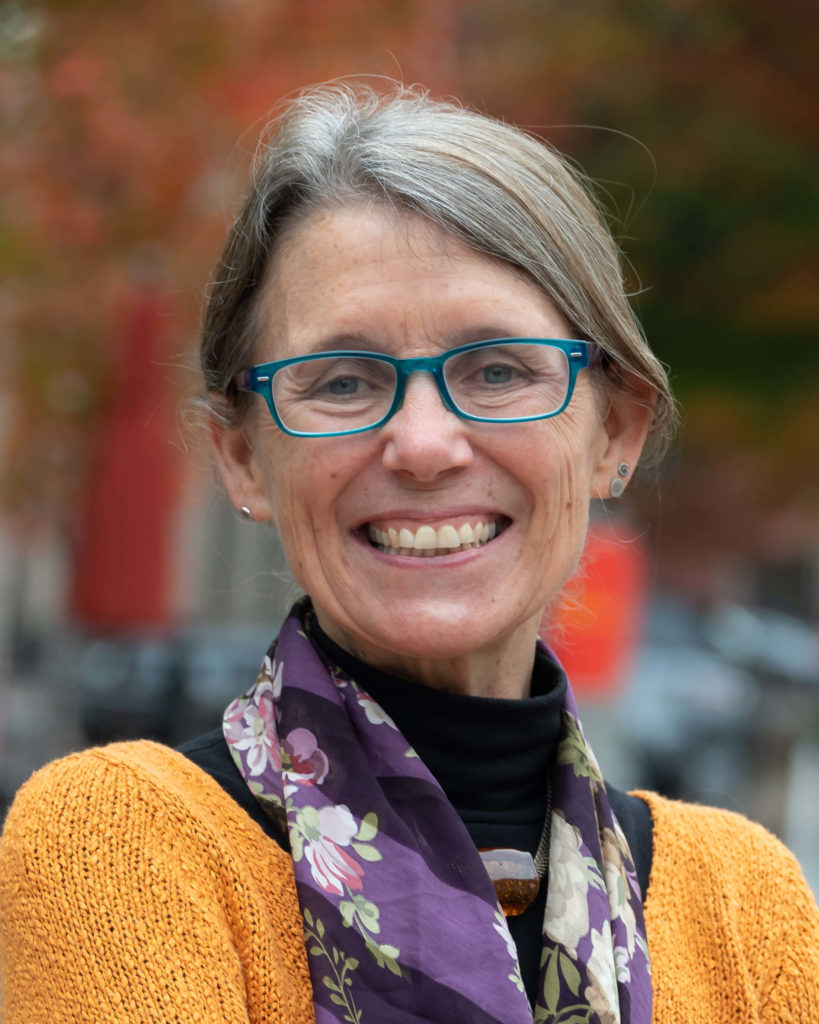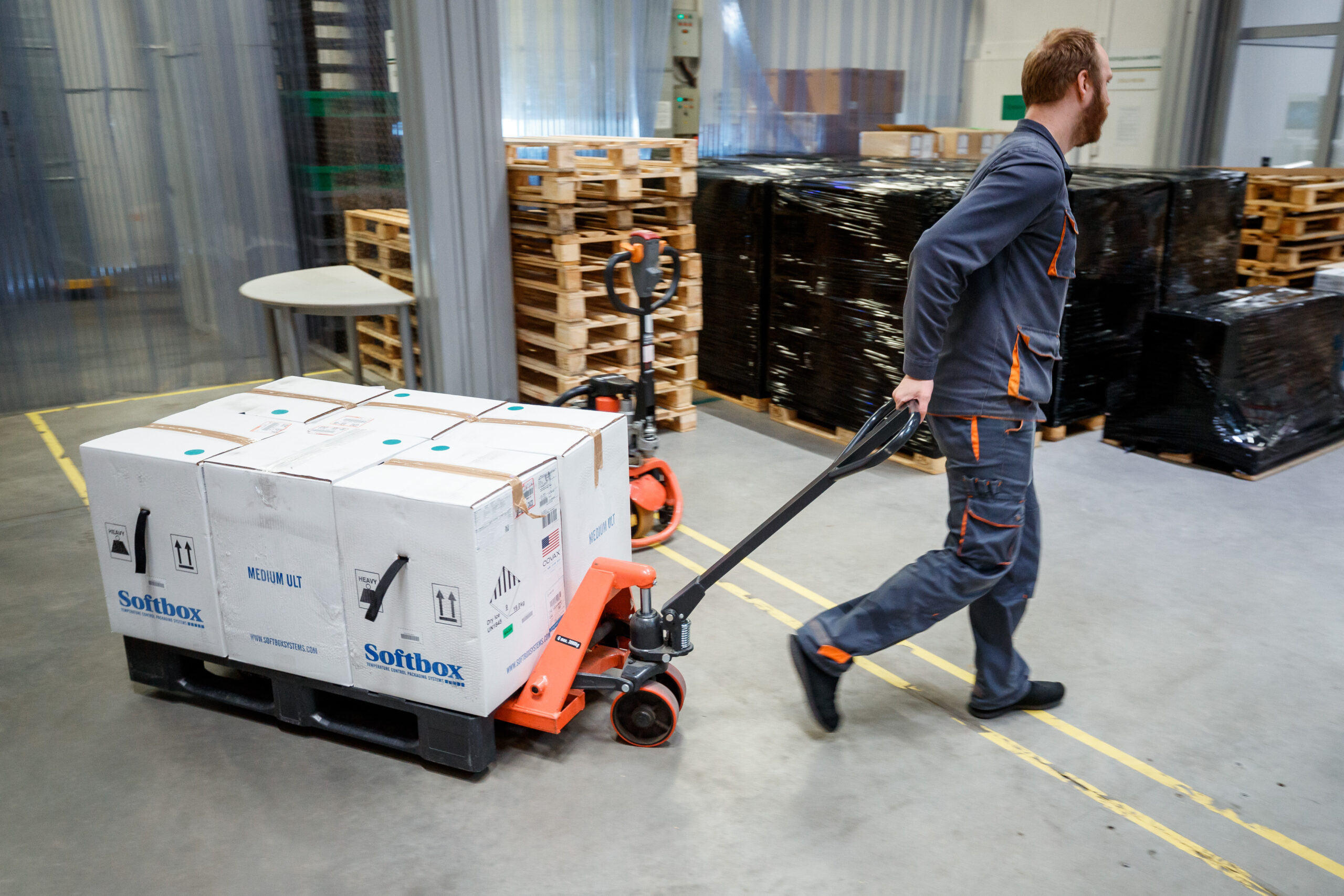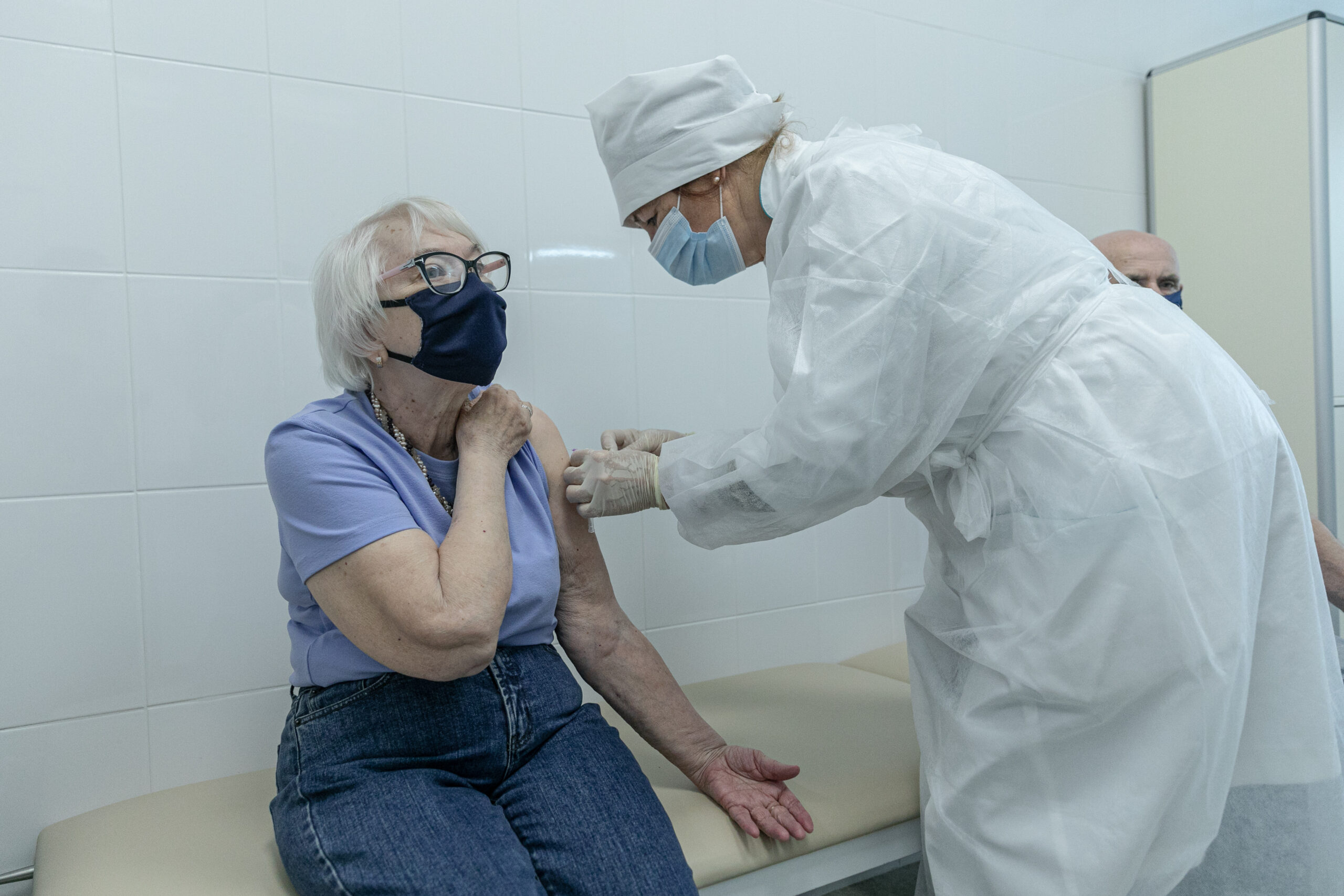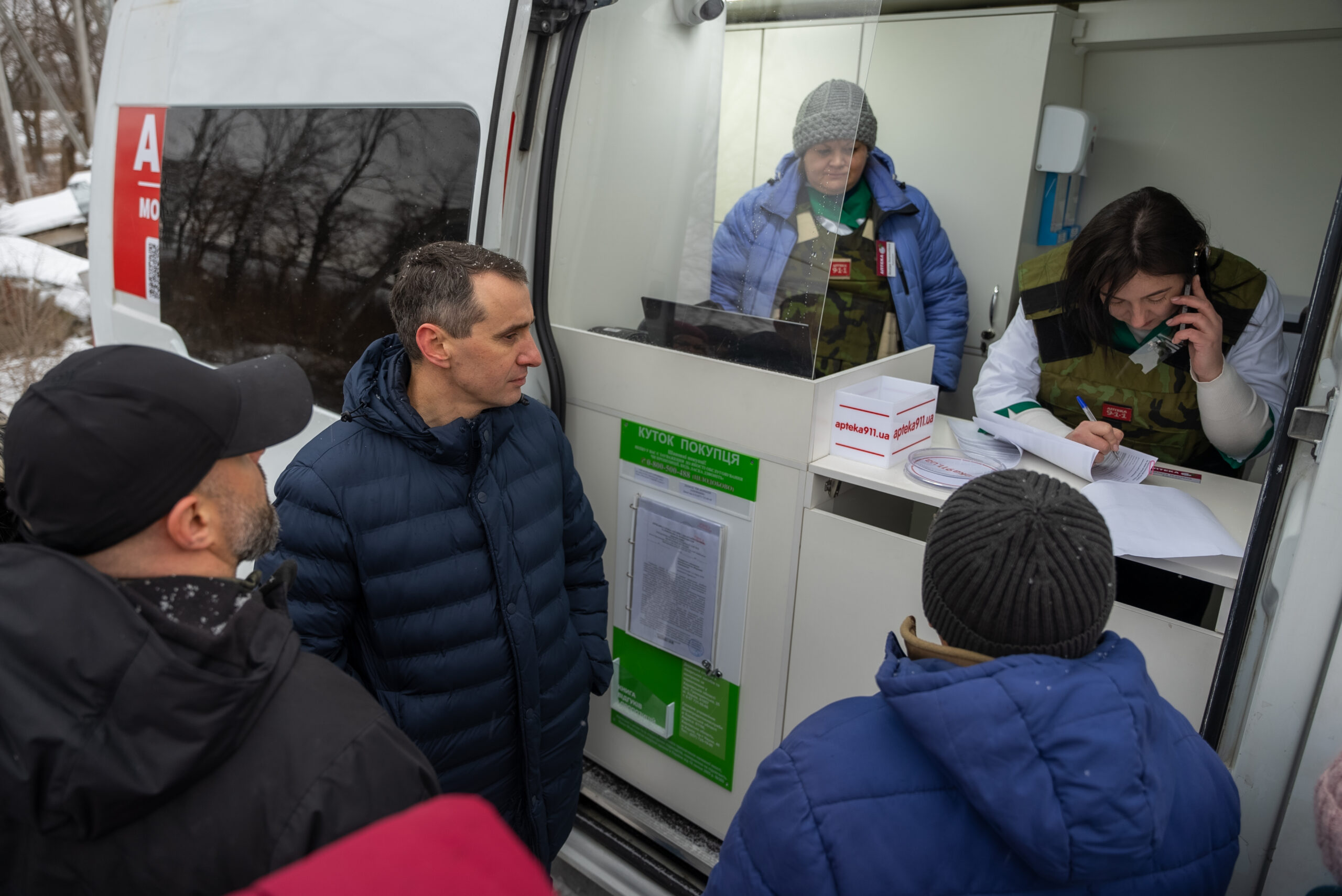Safe, Affordable, and Effective Medicines for Ukrainians (SAFEMed)
Safe, Affordable, and Effective Medicines for Ukrainians (SAFEMed)

Overview
The Safe, Affordable, and Effective Medicines (SAFEMed) for Ukrainians Activity is designed to support the Government of Ukraine in its ongoing efforts to reform its health care system and expand access to affordable and reliable medicines. With support from the US Government, MSH provides technical and legal assistance to strengthen Ukraine’s pharmaceutical sector. Our work focuses on boosting transparency, implementing cost-management strategies, and supporting the decentralization and integration of health services across local and national levels. SAFEMed has worked with the government and local institutions on various measures, including the launch of a central procurement agency known as Medical Procurement of Ukraine (MPU). The development of this agency continues to help reduce patients’ out-of-pocket expenses and further ensure that Ukrainians can access lifesaving medicines and health commodities for HIV, TB, COVID-19, and more.
Following Russia’s full-scale invasion of Ukraine, SAFEMed played an important role in keeping the country’s supply chain intact and ensuring that humanitarian medical supplies reach the people who need them most. Since the start of the war, MSH has helped establish Ukraine’s state-managed distribution of medical humanitarian aid, implemented supply chain innovations, and developed key partnerships with local institutions to close medical supply and health workforce gaps.
The award-winning program works with the local government and partners to:
- Systematize public procurement of medicines and health commodities
- Implement sustainable management and financing practices within the pharmaceutical sector
- Establish a strong pharmaceutical supply chain system that can be maintained by the government, civil society, and private partners
Accomplishments include:
- Helped improve transparency and promote evidence-based selection of medicines for public coverage by establishing Ukraine’s Health Technology Assessment (HTA) department within the medicines market authorization agency known as the State Expert Center in 2019
- Supported the expansion and digitalization of Ukraine’s Affordable Medicines Program, which provides access to essential prescription medicines for chronic conditions at little to no cost for patients, and aided in its transition to the National Health Services of Ukraine
- Provided technical support to secure the MPU as a financially independent and sustainable agency, which has helped generate millions in savings on centralized procurements and distributed medical goods
- Established a model for last-mile delivery of medicines, in partnership with the private sector, to ensure that HIV and TB medicines reach every region
Bringing Life: How SAFEMed’s Last-Mile Delivery Model Ensures HIV Treatment Continuity During Wartime
Eight Years of Driving Change in Ukraine’s Journey Toward Safe and Affordable Medicines
Since 2017, the SAFEMed Activity has worked alongside the Government of Ukraine to modernize the country’s pharmaceutical system, strengthen supply chains, and expand access to lifesaving medicines. Initiatives such as the Affordable Medicines Program, mobile pharmacies, and improved procurement transparency have proven resilient, helping maintain continuity of care even during wartime. The project’s efforts also include establishing a national pharmaceutical regulator, improving HIV and TB care, and introducing evidence-based tools for medicine selection and use. Download the leaflet to explore SAFEMed’s impact and lasting contributions to Ukraine’s health system.

Rebecca Kohler
Chief of Party
Project Contact
Rebecca Kohler is the Chief of Party of the Safe, Affordable, and Effective Medicines (SAFEMed) for Ukrainians. She brings over 30 years of expertise in global health working in key leadership, management, technical, and advisory positions in the US and around the world. Most recently, she served as Senior Vice President with IntraHealth International, where she was responsible for strategy, business development, advocacy, and partnerships. A seasoned global health practitioner, Kohler brings hands-on experience working on health systems strengthening, health workforce, HIV and AIDS, reproductive health, and maternal and child health programs in more than 30 countries across several continents, including long-term, resident assignments in Tanzania, Kenya, Eritrea, and Armenia. She holds a master’s degree in public health from the UNC Gillings School of Global Public Health and a bachelor’s degree from Duke University.
Donors & Partners
Donors
The United States Government







